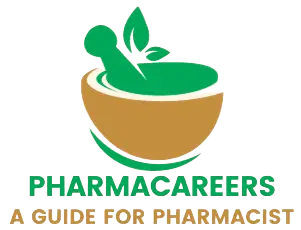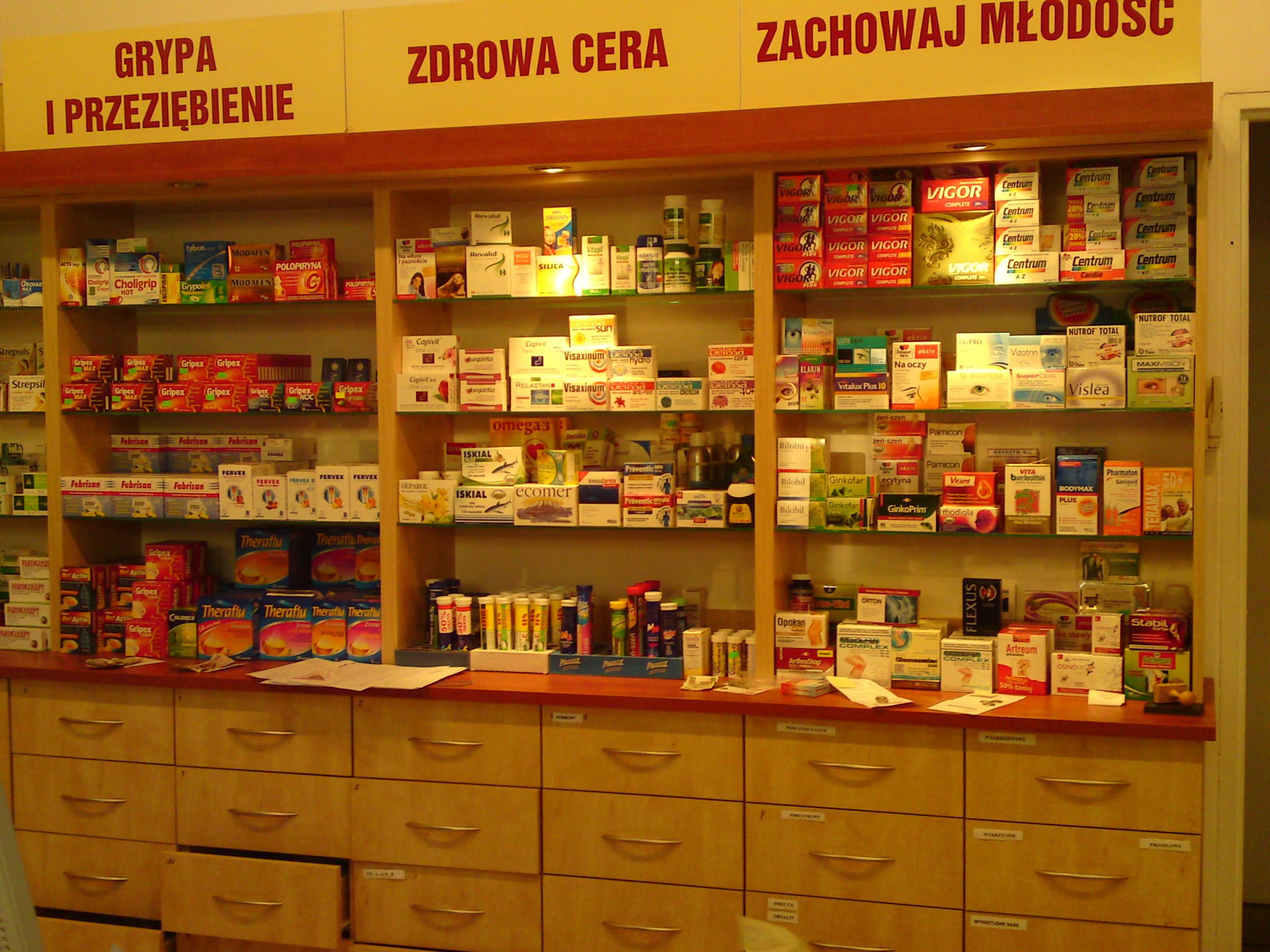Pharmacy Practice MCQ, in this article we will solve, Practice MCQ under subject Microbiology. Read following article for your reference.
Factors Influencing Disinfection, Antiseptics And Their Evaluation » PHARMACAREERS
-
Which of the following is a primary factor affecting the efficacy of a disinfectant?
-
a) Temperature
-
b) Humidity
-
c) Light intensity
-
d) Air pressure
-
-
What is the term for the time required for a disinfectant to achieve its desired effect?
-
a) Exposure time
-
b) Reaction time
-
c) Contact time
-
d) Incubation time
-
-
Which factor can reduce the effectiveness of an antiseptic?
-
a) Presence of organic matter
-
b) High pH
-
c) Low humidity
-
d) Room temperature
-
-
What is the main purpose of using antiseptics in healthcare?
-
a) To sterilize surgical instruments
-
b) To reduce the risk of infection in living tissues
-
c) To disinfect hospital floors
-
d) To clean laboratory glassware
-
-
Which of the following is a commonly used antiseptic for skin disinfection?
-
a) Chlorine
-
b) Ethanol
-
c) Hydrogen peroxide
-
d) Iodine
-
-
What is the term for the lowest concentration of a disinfectant that kills all microorganisms in a test system?
-
a) Minimum inhibitory concentration (MIC)
-
b) Minimum bactericidal concentration (MBC)
-
c) Lethal dose (LD50)
-
d) Effective dose (ED50)
-
-
Which method is commonly used to evaluate the efficacy of disinfectants?
-
a) Kirby-Bauer disk diffusion test
-
b) Serial dilution
-
c) Use-dilution test
-
d) Polymerase chain reaction (PCR)
-
-
Which factor does NOT influence the activity of disinfectants?
-
a) Concentration of the disinfectant
-
b) Time of exposure
-
c) Size of the microorganisms
-
d) Presence of organic matter
-
-
What is the primary mechanism of action for alcohol-based disinfectants?
-
a) Denaturing proteins
-
b) Oxidizing cell components
-
c) Disrupting cell walls
-
d) Inhibiting DNA synthesis
-
-
Which of the following can affect the efficacy of antiseptics on the skin?
-
a) Skin pH
-
b) Skin temperature
-
c) Presence of oils
-
d) All of the above
-
-
Which type of microorganisms are generally most resistant to disinfectants?
-
a) Gram-positive bacteria
-
b) Gram-negative bacteria
-
c) Fungi
-
d) Bacterial spores
-
-
What is the term for the effectiveness of a disinfectant against a specific organism?
-
a) Spectrum of activity
-
b) Range of effect
-
c) Efficacy profile
-
d) Antimicrobial index
-
-
Which of the following is an important factor to consider when selecting a disinfectant for use in a healthcare setting?
-
a) Toxicity to humans
-
b) Cost
-
c) Ease of use
-
d) All of the above
-
-
What is the mode of action of iodine-based antiseptics?
-
a) Disrupting cell membranes
-
b) Inhibiting protein synthesis
-
c) Oxidizing cellular components
-
d) Inhibiting DNA replication
-
-
What is the term for a substance that reduces the number of microorganisms to safe levels?
-
a) Disinfectant
-
b) Antiseptic
-
c) Sanitizer
-
d) Sterilant
-
-
Which factor can enhance the effectiveness of disinfectants?
-
a) Higher temperature
-
b) Lower concentration
-
c) Shorter contact time
-
d) Presence of organic matter
-
-
Which disinfectant is commonly used in water treatment to kill bacteria and viruses?
-
a) Ethanol
-
b) Chlorine
-
c) Phenol
-
d) Quaternary ammonium compounds
-
-
What is the primary function of antiseptics?
-
a) To kill microorganisms on non-living surfaces
-
b) To kill microorganisms on living tissues
-
c) To sterilize surgical instruments
-
d) To sanitize food products
-
-
Which of the following can be used as both a disinfectant and an antiseptic?
-
a) Hydrogen peroxide
-
b) Chlorine
-
c) Formaldehyde
-
d) Benzalkonium chloride
-
-
Which test is used to determine the resistance of bacteria to antiseptics?
-
a) Disk diffusion test
-
b) Broth dilution test
-
c) Use-dilution test
-
d) Minimum inhibitory concentration (MIC) test
-
-
What is the impact of organic matter on the efficacy of disinfectants?
-
a) It enhances the efficacy
-
b) It has no effect
-
c) It reduces the efficacy
-
d) It neutralizes the disinfectant
-
-
Which type of antiseptic is commonly used for oral hygiene?
-
a) Chlorhexidine
-
b) Ethanol
-
c) Hydrogen peroxide
-
d) Iodine
-
-
What is the mechanism of action of quaternary ammonium compounds?
-
a) Oxidizing cell components
-
b) Disrupting cell membranes
-
c) Inhibiting protein synthesis
-
d) Denaturing nucleic acids
-
-
Which of the following factors can influence the contact time required for a disinfectant to be effective?
-
a) Concentration of the disinfectant
-
b) Type of microorganism
-
c) Presence of biofilm
-
d) All of the above
-
-
Which disinfectant is known for its broad-spectrum activity and is used in both healthcare and household settings?
-
a) Chlorine
-
b) Ethanol
-
c) Phenol
-
d) Quaternary ammonium compounds
-
-
What is the effect of temperature on the activity of disinfectants?
-
a) Higher temperature generally increases activity
-
b) Lower temperature generally increases activity
-
c) Temperature has no effect
-
d) Temperature always decreases activity
-
-
Which of the following is an example of a high-level disinfectant?
-
a) Isopropanol
-
b) Hydrogen peroxide
-
c) Sodium hypochlorite
-
d) Glutaraldehyde
-
-
What is the term for the ability of a disinfectant to kill bacteria, fungi, and viruses?
-
a) Bactericidal
-
b) Broad-spectrum
-
c) Fungicidal
-
d) Virucidal
-
-
What is the primary consideration when evaluating the effectiveness of an antiseptic for surgical hand scrubbing?
-
a) Cost
-
b) Speed of action
-
c) Residual activity
-
d) Odor
-
-
Which of the following is a common method used to evaluate the stability of a disinfectant?
-
a) Accelerated aging test
-
b) Use-dilution test
-
c) Disk diffusion test
-
d) Broth dilution test
-
For more regular updates you can visit our social media accounts,
Instagram: Follow us
Facebook: Follow us
WhatsApp: Join us
Telegram: Join us





